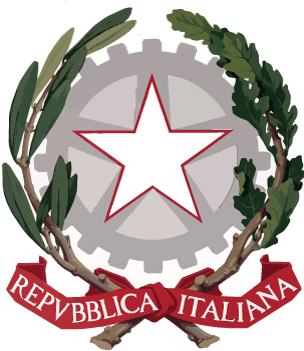First, choose an event o a place to visit
Select the date from the calendar and indicate the number of people to send your booking request.
You will be contacted by our staff. Thank you.
Fill out the form with your data to confirm your booking.
Thank you. Your booking code is {{codice}}, we have sent a summary email to the address {{email}}
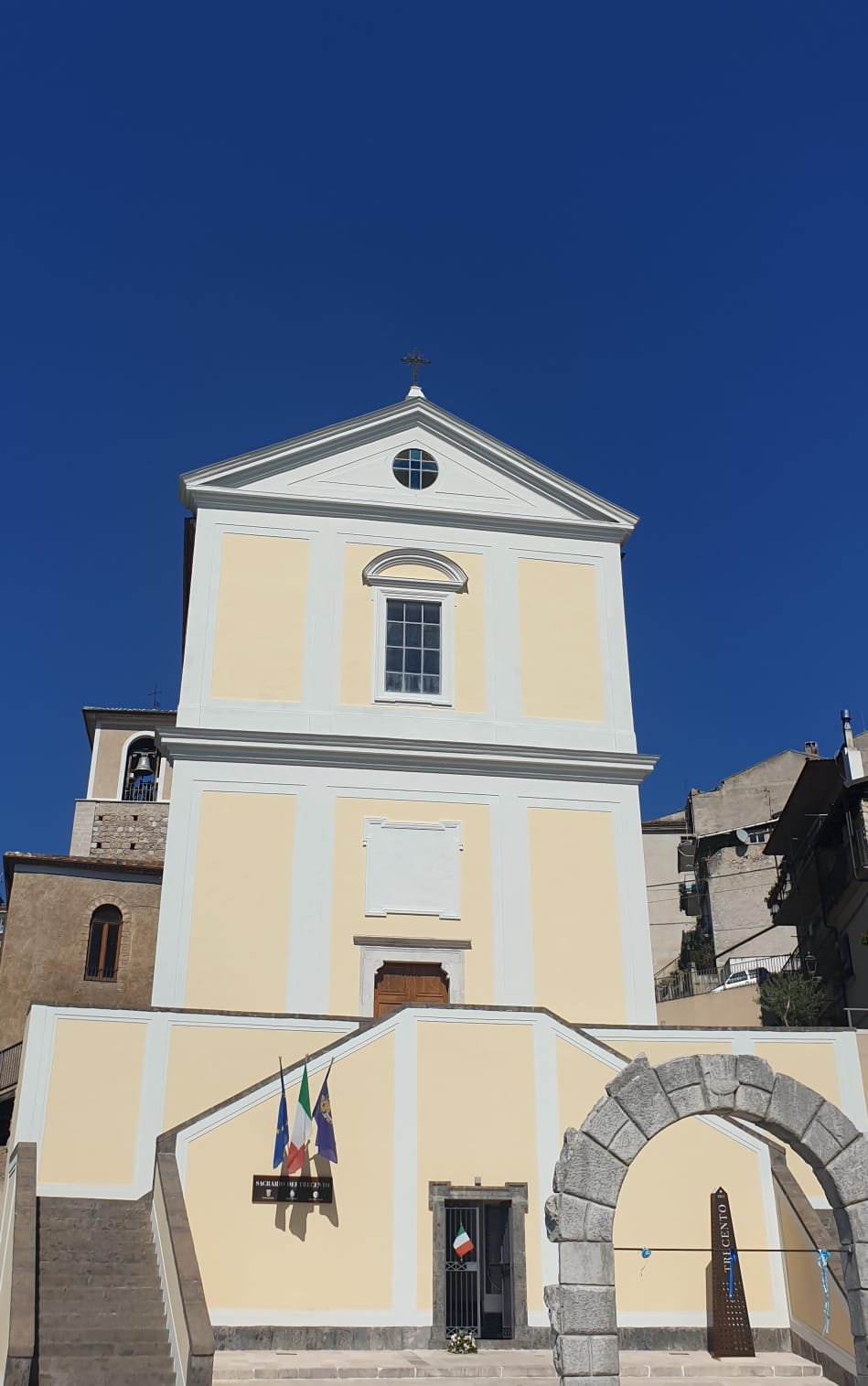
Discover the 3D model of the Mother Church, object of interdisciplinary research carried out thanks to the Scientific Collaboration Agreement between the Interdepartmental Research Center Urban\Eco of the University of Naples Federico II and the Diocese of Teggiano-Policastro.
17th century
The church, dedicated to the SS. Annunziata, has a monumental exterior with a double ramp staircase. The facade is divided into two orders, surmounted by a triangular tympanum, and a stone portal that reveals the Baroque art of the Certosa di San Lorenzo and the docility of Padula stone.
The plan is rectangular with a single nave with a polygonal apse. The interior houses in the door of the tabernacle the galvanic copy of the masterpiece of the Padulese Andrea Cariello, “Christ breaking the Eucharistic bread”, as well as some restored canvases and tables also coming from other chapels and churches of the parish of San Giovanni Battista.
Probably built before the 17th century, the church also had a hospital and a brefotrofio (hospice for orphaned children) on the north side, which were destroyed by the earthquake of 16 December 1857 and the construction of the carriage road. Outside the Church, the round arch in local stone with large ashlars and the civic coat of arms in the keystone stands out, which the Padulese deputy Giovanni Camera (1862-1929) raised in 1911 to a National Monument. In fact, it frames the Sacrario dei Trecento by Carlo Pisacane from 1857 (but remodeled in 1957) whose remains are kept in display cases visible to the public.
The altar houses the triptych “Padula is Jerusalem”, discover all the details of the work in our in-depth analysis.
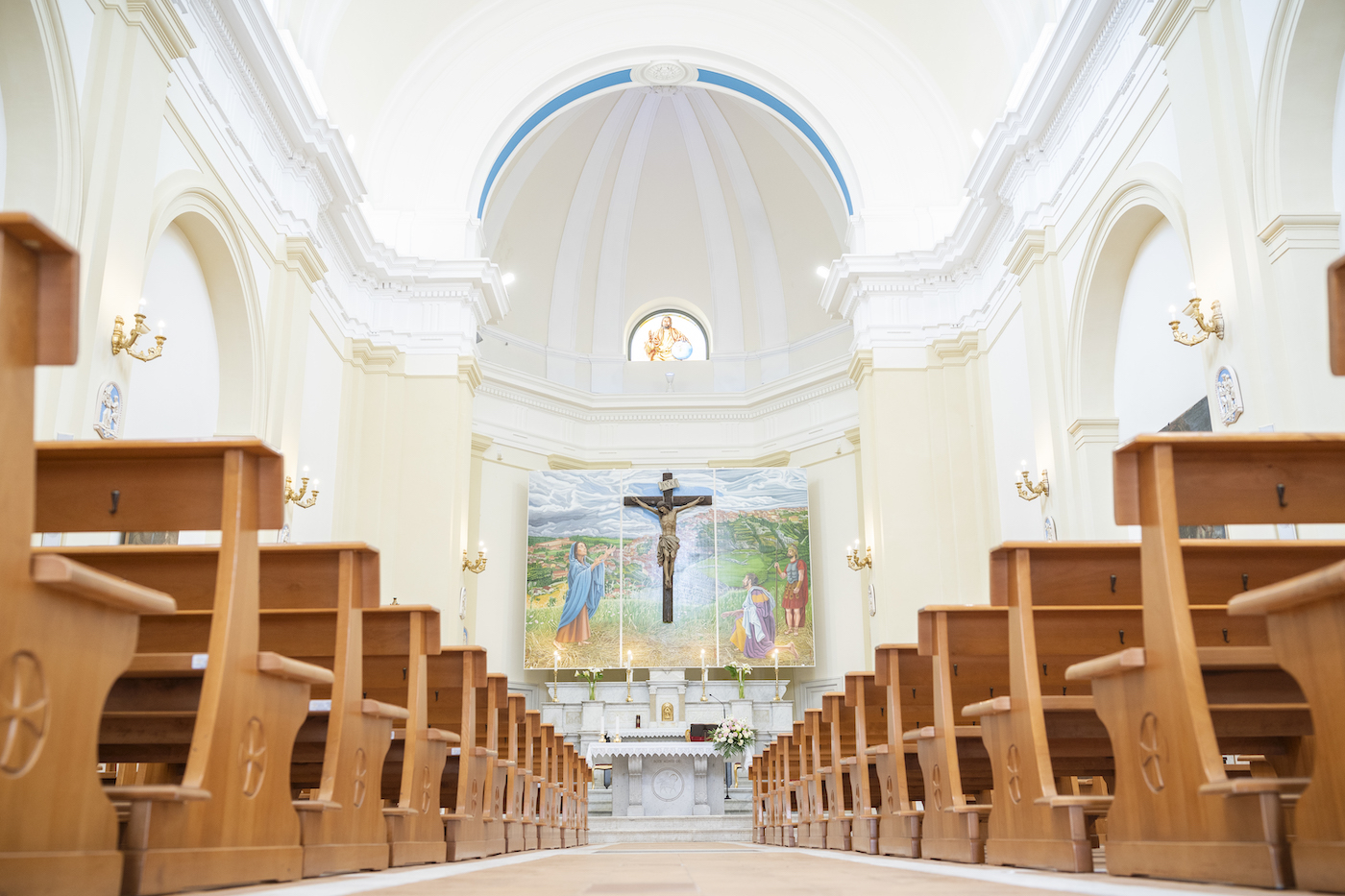
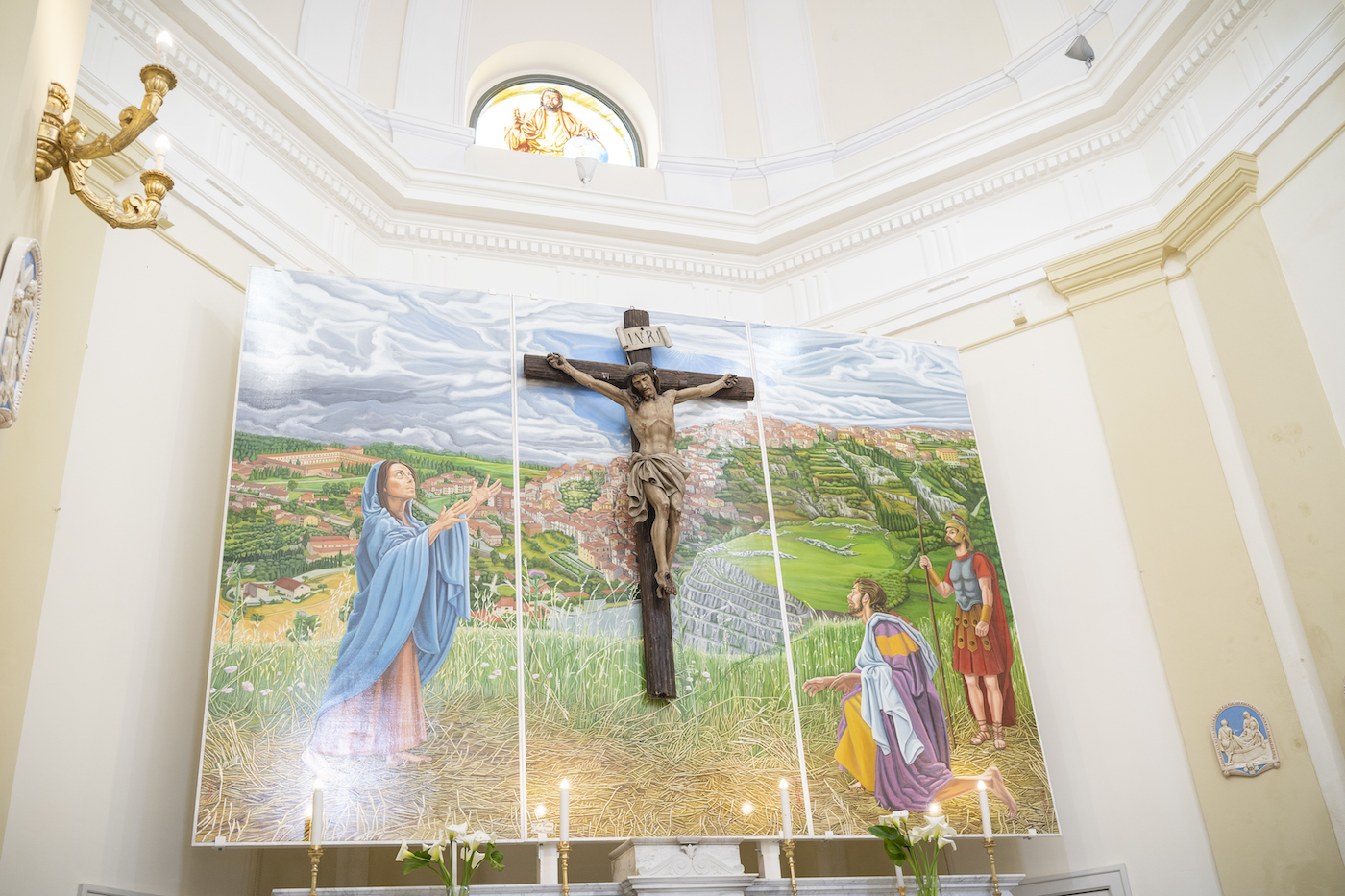
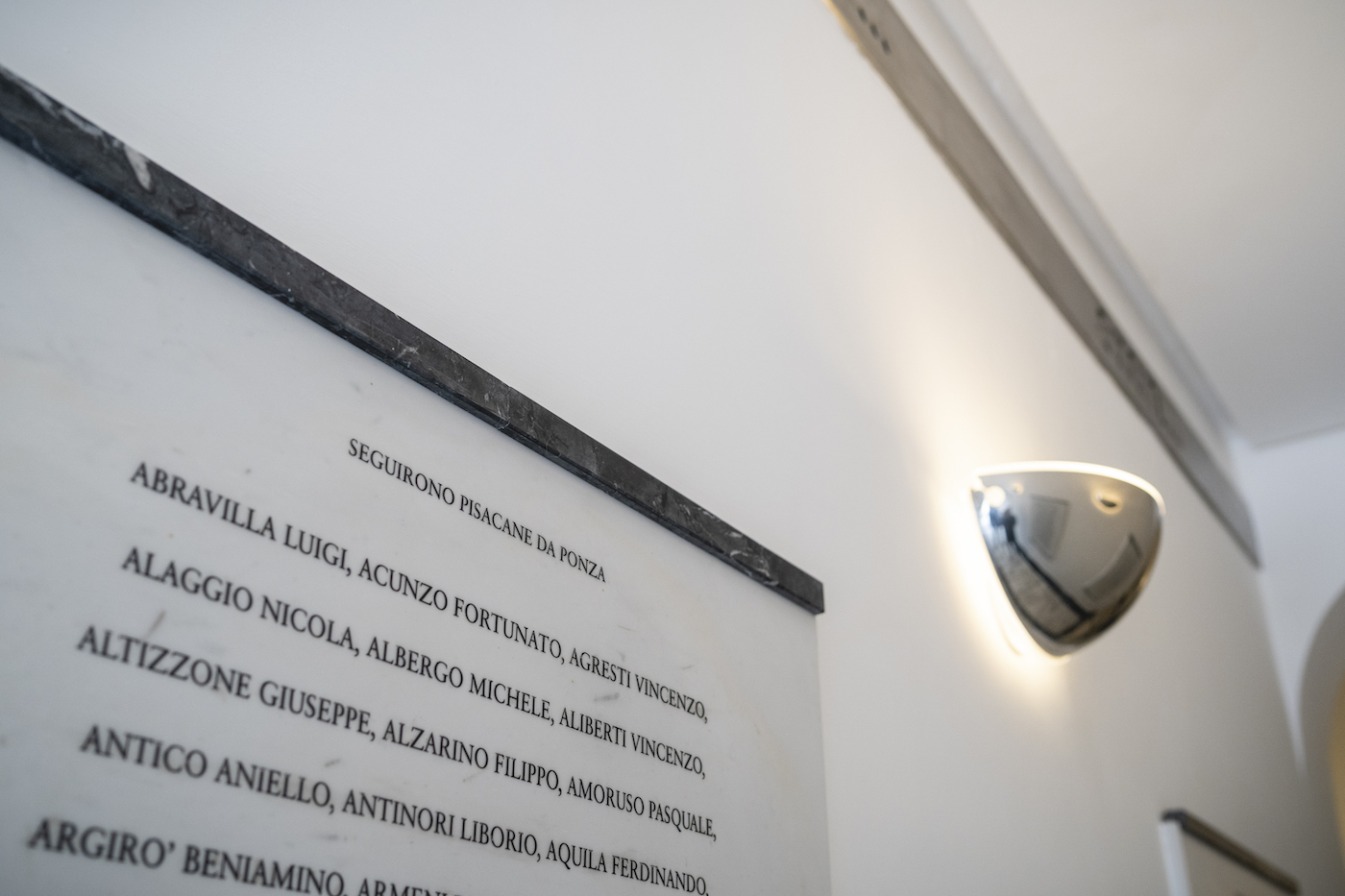
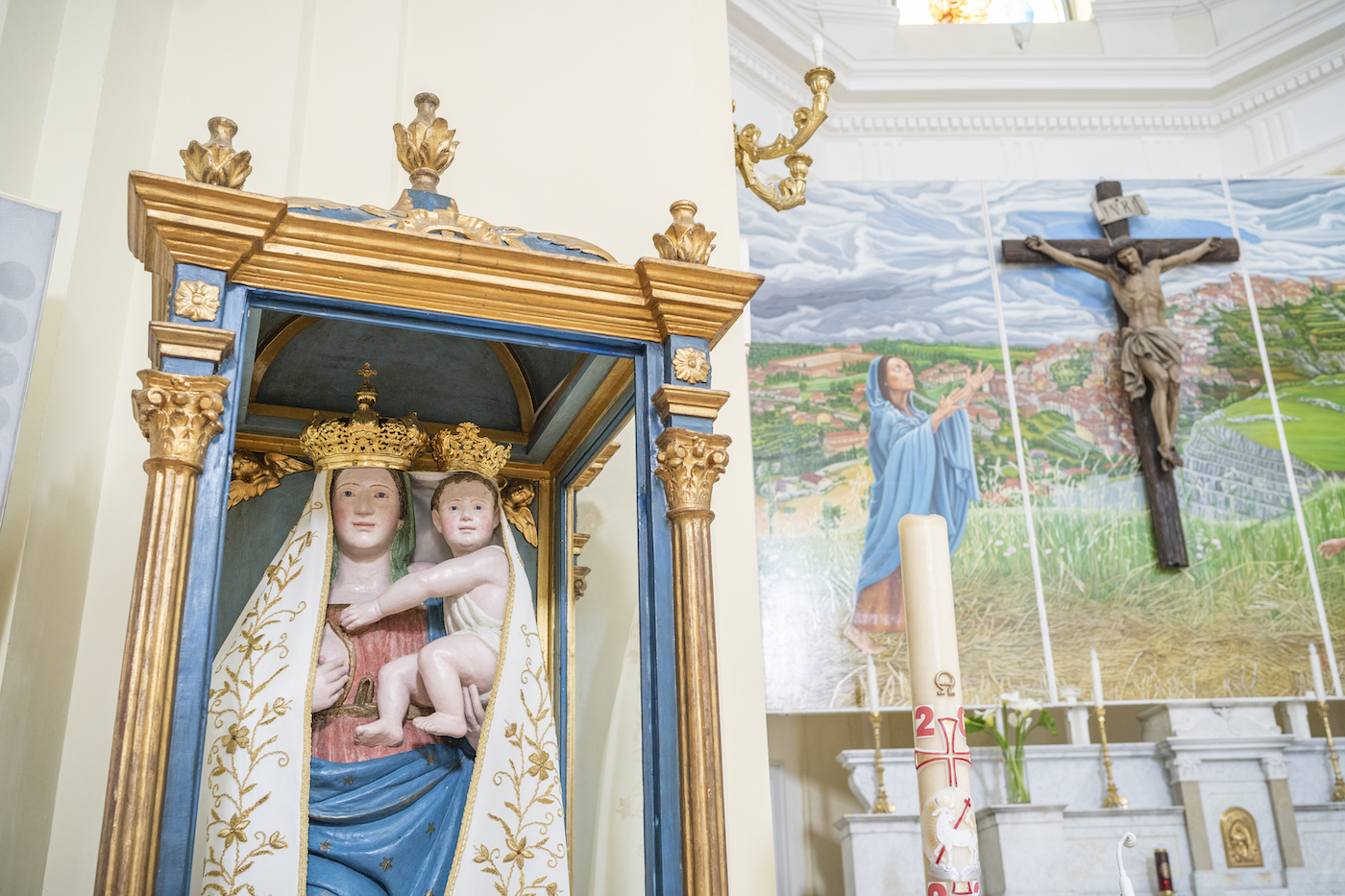
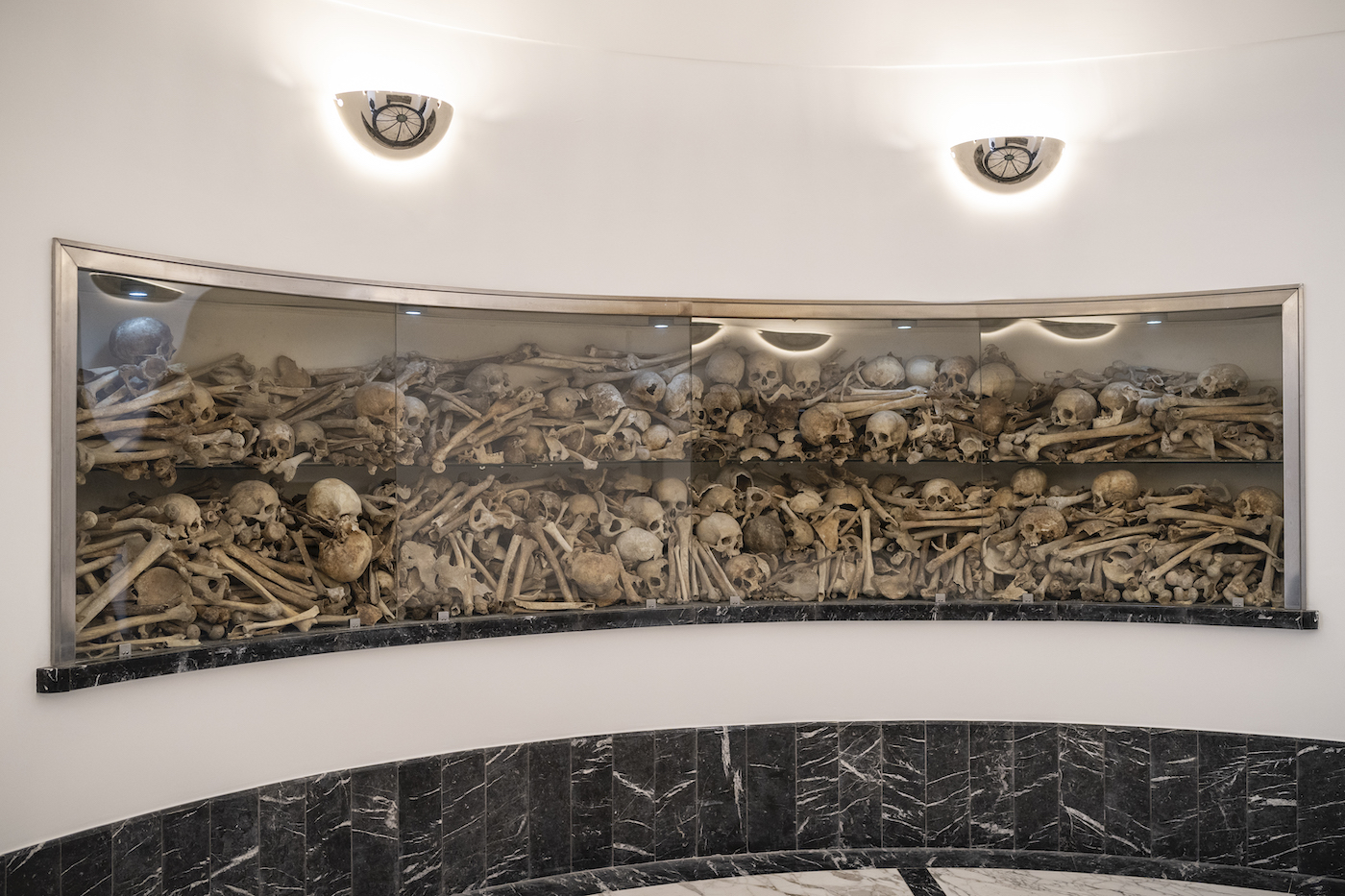
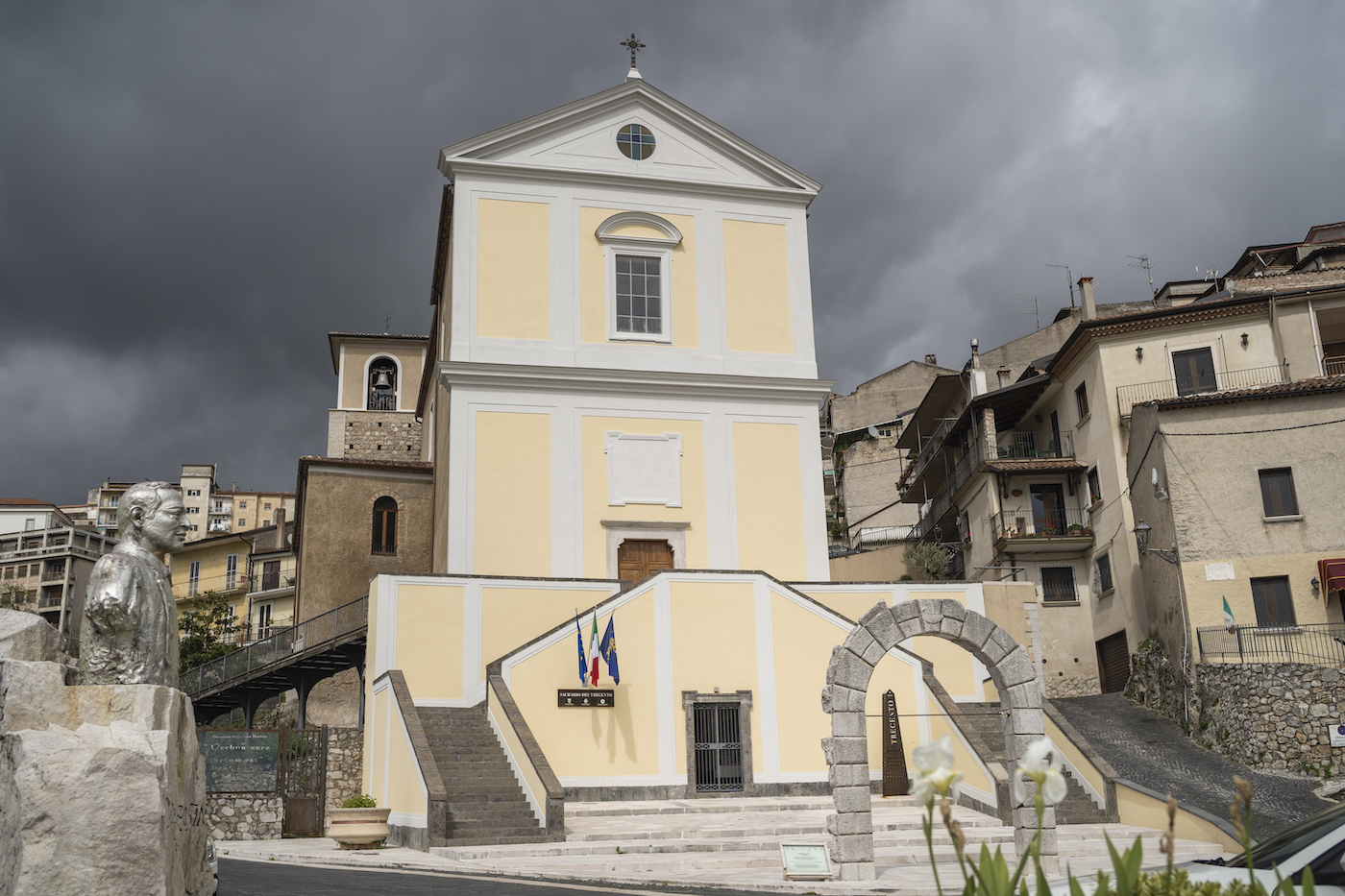
Padula, famous throughout the world for the monumental Certosa di San Lorenzo, a UNESCO heritage site, is rich in artistic and architectural elements, made up of churches, streets, statues and votive aedicules also made of local stone which bear witness to 1100 years of life. Therefore, it is not possible to overlook the context in which the Carthusian site was built and above all to overlook two fundamental elements: the matter and the spirit of the Certosa. Discover the itineraries through the territory of Padula.



